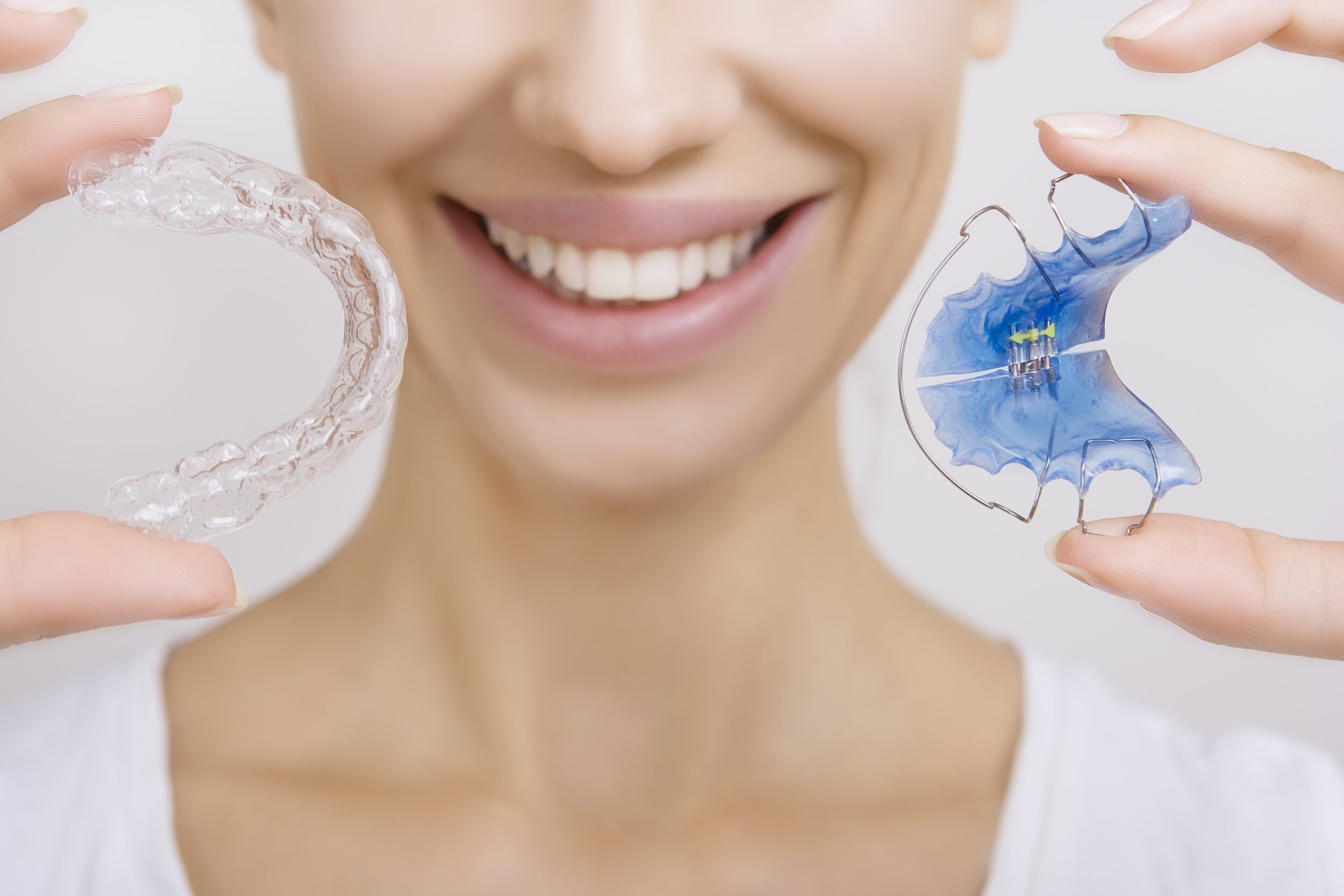A relatively common, yet aggravating, scenario that patients can experience is when orthodontic treatment is complete and braces are removed, then in a relatively short time afterward, teeth begin to shift. The time length for this occurrence varies between individuals, but there are few things that can be more annoying (from the patient’s, parent’s, and doctor’s perspective) than having teeth shift after braces are removed. Trust me, this is just as disheartening to your orthodontist. There is a lot of time that is spent for not only patients, but doctors to review treatment plans, diagnose cases and monitor treatment throughout the course of several years. So, when teeth shift after multiple years of treatment, everyone is frustrated. So, why does this happen? Does it happen to everyone? What can I do to prevent it from happening?
Why do teeth shift and does it happen to everyone?
Teeth are no different than any other part of the body- they age and shift. Faces get wrinkles, hair gets thinner and teeth shift. Unfortunately, teeth continue to move throughout our lives, though the degree of movement changes between individuals and age. Some people are very fortunate and have little movement after orthodontic treatment, while others have teeth that shift quickly.
What can I do prevent it from happening?
The not-so-surprising answer is that wearing your retainers full-time (or close to it) will help reduce the chances of your teeth from shifting, especially right after the braces are removed, because teeth need time to acclimate to their new, straighter position. And unfortunately, the duration of retainer wear is different for everyone; some individual’s teeth move quicker than others. Because of this, everyone needs to monitor their own teeth and make sure that they are wearing their retainers as much as possible to help reduce the amount of tooth movement.
If your removable retainer is feeling really tight, it means that your teeth are trying to shift back to their original position. Because everyone’s teeth move in varying degrees, you should contact your orthodontist and follow their instructions on how to proceed.
If your retainer is being worn full-time and you still feel like your teeth are moving, it is a good idea to call your orthodontist immediately and check what their recommendations are to help keep your teeth straight. Likewise, if you lose your retainer, it breaks, or it won’t fit- you need to call immediately. The longer you wait to have the problem corrected, the more your teeth will move and the options to get them straight again can change.
I understand that it can be disheartening to hear this about shifting teeth, but retainers are a lifetime commitment and we will never tell anyone to stop wearing or get rid of their retainers.
The key message is to consistently monitor your own teeth and call your orthodontist if you have any questions or concerns with your teeth shifting.


